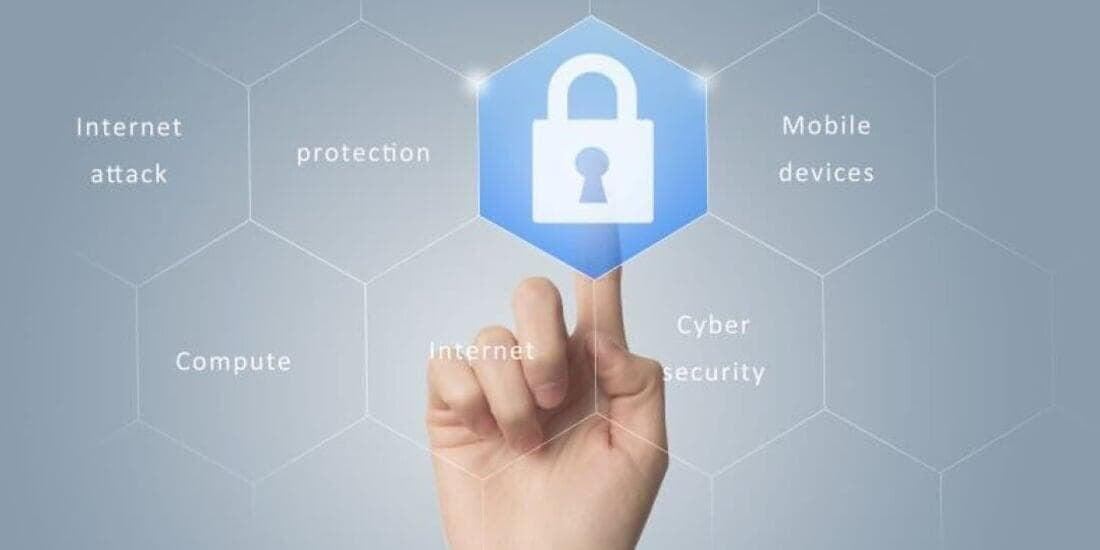
In today’s digital-first environment, SaaS solutions (Software as a Service) are critical for businesses, offering convenience, scalability, and efficiency. As companies increasingly adopt cloud-based SaaS solutions, safeguarding valuable data has become essential. Here, we cover the key considerations for data security in SaaS, helping businesses make informed choices when using software as a service (SaaS).
Why Data Security in SaaS Matters?
Data security in SaaS is not only about protecting information; it supports business continuity, builds customer trust, and guards against costly breaches. With software as a service (SaaS), data is stored in cloud environments, making robust security measures vital. Reputable SaaS providers implement extensive security protocols, but understanding these measures is crucial for businesses seeking safe, reliable services.
Key Considerations for SaaS Data Security
To get the most from SaaS solutions while ensuring strong data security, businesses should focus on the following:
1. Data Encryption
Encryption is a powerful safeguard for securing data in SaaS solutions. Advanced encryption protocols, like AES (Advanced Encryption Standard) and TLS (Transport Layer Security), protect data both at rest and in transit, ensuring that even if intercepted, it remains unreadable. Check that your SaaS provider follows industry-standard encryption practices for complete protection.
2. Access Control and Identity Management
Access control helps to prevent unauthorised access to sensitive data. Good SaaS solutions include security features like multi-factor authentication (MFA), single sign-on (SSO), and role-based access control (RBAC), limiting access to authorised users and enhancing data security.
3. Data Backup and Recovery
Reliable data backup and recovery plans shield businesses against data loss caused by cyber incidents, hardware issues, or natural disasters. A dependable SaaS providers should offer regular backups and a clear data recovery plan to keep business disruption minimal.
4. Regulatory Compliance
Compliance is vital in heavily regulated industries like healthcare and finance. Top software as a service (SaaS) providers comply with frameworks like GDPR, HIPAA, and PCI-DSS, ensuring they meet regulatory standards. Choosing a compliant provider helps businesses fulfil legal obligations while protecting client information.
5. Data Ownership and Privacy Policies
Data ownership can sometimes be unclear with SaaS services. Businesses should confirm they retain ownership of their data and review their provider’s privacy policies to understand how data is stored, handled, and deleted, ensuring responsible use and no unauthorised sharing.
6. Physical Security of Data Centres
Although SaaS services operate in the cloud, data is stored in physical data centres. Established SaaS providers invest in secure data centres with measures like surveillance, biometric access, and redundancy protocols to further protect against breaches.
7. Regular Security Audits and Software Updates
With cyber threats constantly evolving, routine security audits and updates are essential. Reliable SaaS providers conduct regular security reviews, release patches for vulnerabilities, and update security measures to address new threats.
8. Transparency and Incident Response
Open communication and clear incident response protocols are essential from your SaaS provider. In case of a security incident, providers with transparent processes and swift responses keep clients informed and ensure data is promptly protected.
Best Practices for Businesses Using SaaS Solutions
While SaaS providers are responsible for data security, businesses should also adopt internal safeguards:
- Train employees on best practices, especially for password security and phishing prevention.
- Restrict access to sensitive data through role-based permissions.
- Regularly review user access to ensure only authorised personnel have access to essential data.
- Keep updated on your provider’s security practices and policies.
Conclusion
Data security in SaaS solutions is a shared responsibility, requiring both the provider and business to be proactive. By choosing a SaaS provider with strong encryption, compliance, and data recovery protocols, businesses can secure their data in the cloud. Combined with internal best practices, companies can confidently leverage software as a service (SaaS) to boost efficiency, scalability, and growth.
As SaaS adoption grows, businesses prioritising these security considerations can enjoy the full benefits of secure, dependable cloud-based services.


